Uncategorized
-
 Archaeology
ArchaeologyNew clues suggest people reached the Americas around 30,000 years ago
Ancient rabbit bones from a Mexican rock-shelter point to humans arriving on the continent as much as 10,000 years earlier than often assumed.
By Bruce Bower -
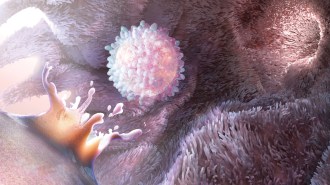 Health & Medicine
Health & MedicineSolving mysteries of reproduction helped make parenthood possible for millions
Over the last 100 years, research has shed light on where we come from — how a single fertilized egg manages to develop into an organism that is unique, complex and most decidedly human — and technology has helped spur the process.
-
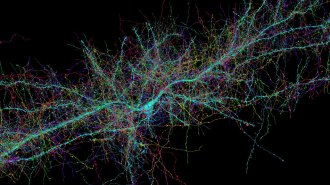 Neuroscience
NeuroscienceA deep look at a speck of human brain reveals never-before-seen quirks
Three-dimensional views of 50,000 cells from a woman’s brain yield one of the most detailed maps yet.
-
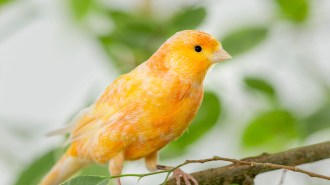 Animals
AnimalsThe mere sight of illness may kick-start a canary’s immune system
Healthy canaries ramp up their immune systems when exposed to visibly sick birds, without actually being infected themselves.
-
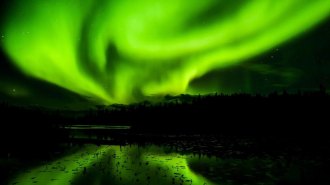 Physics
PhysicsAuroras form when electrons from space ride waves in Earth’s magnetic field
New lab results confirm that auroras are triggered by disturbances in Earth’s magnetic field called Alfvén waves.
-
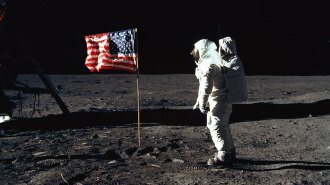
50 years ago, NASA relaxed quarantine rules for returning moon missions
Fifty years after NASA declared that moon missions returning to Earth weren’t a contamination risk, protocols for planetary missions are under review.
By Aina Abell -
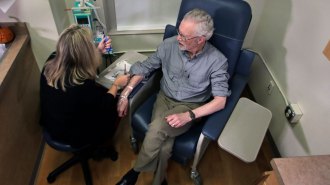 Health & Medicine
Health & MedicineFDA approved a new Alzheimer’s drug despite controversy over whether it works
A new Alzheimer's treatment slows progression of the disease, the drug’s developers say. But some researchers question its effectiveness.
-
 Health & Medicine
Health & MedicineFood that boosts gut microbes could be a new way to help malnourished kids
Malnourished children in Bangladesh fed a food aimed at restoring gut health grew more than those who got a traditional high-calorie supplement.
-
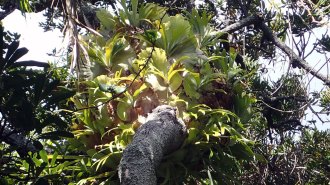 Plants
PlantsThese ferns may be the first plants known to share work like ants
Staghorn ferns grow in massive colonies where individual plants contribute different jobs. This may make them “eusocial,” like ants or termites.
By Jake Buehler -
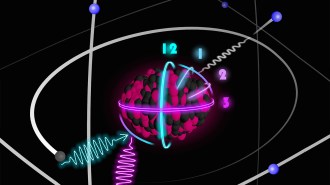 Physics
PhysicsNuclear clocks could outdo atomic clocks as the most precise timepieces
Better clocks could improve technologies that depend on them, such as GPS navigation, and help test fundamental ideas of physics.
-
 Health & Medicine
Health & MedicineAfter 40 years of AIDS, here’s why we still don’t have an HIV vaccine
The unique life cycle of HIV has posed major challenges for scientists in the search for an effective vaccine.
-
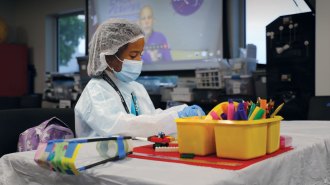 Science & Society
Science & SocietyHow science museums reinvented themselves to survive the pandemic
The pandemic forced science museums to reach out to their communities, and some built a wider following.
By Emily Anthes